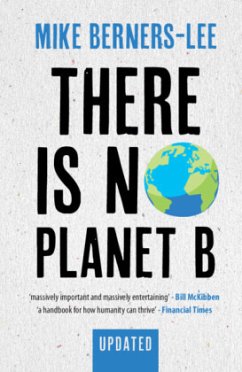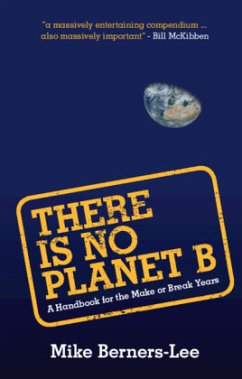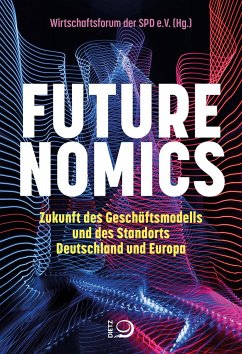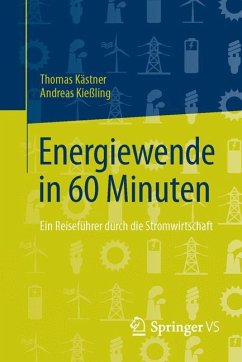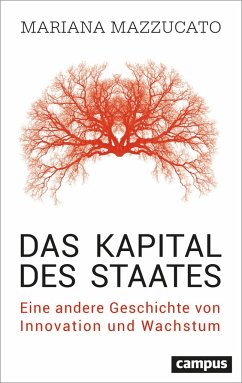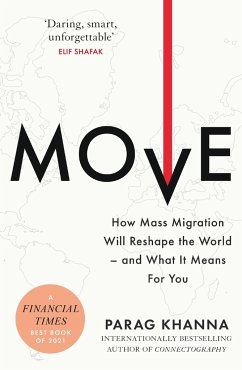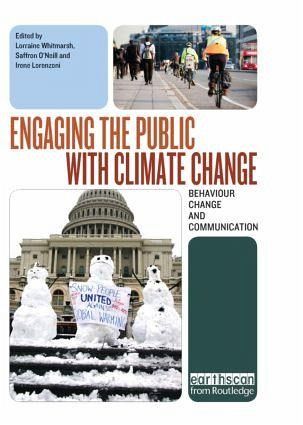
Engaging the Public with Climate Change
Behaviour Change and Communication
Herausgeber: Whitmarsh, Lorraine; Lorenzoni, Irene; O'Neill, Saffron
Versandkostenfrei!
Versandfertig in 1-2 Wochen
167,99 €
inkl. MwSt.

PAYBACK Punkte
84 °P sammeln!
Despite increasing public awareness of climate change, our behaviours relating to consumption and energy use remain largely unchanged. This book answers the urgent call for effective engagement methods to foster sustainable lifestyles, community action, and social change.Written by practitioners and academics, the chapters combine theoretical perspectives with case studies and practical guidance, examining what works and what doesn't, and providing transferable lessons for future engagement approaches. Showcasing innovative thought and approaches from around the world, this book is essential r...
Despite increasing public awareness of climate change, our behaviours relating to consumption and energy use remain largely unchanged. This book answers the urgent call for effective engagement methods to foster sustainable lifestyles, community action, and social change.Written by practitioners and academics, the chapters combine theoretical perspectives with case studies and practical guidance, examining what works and what doesn't, and providing transferable lessons for future engagement approaches. Showcasing innovative thought and approaches from around the world, this book is essential reading for anyone working to foster real and lasting behavioural and social change.





